
Culture
18:42, 08-Jul-2018
Xinjiang photographer battles stereotypes with the power of image
Updated
17:49, 11-Jul-2018
CGTN
03:34
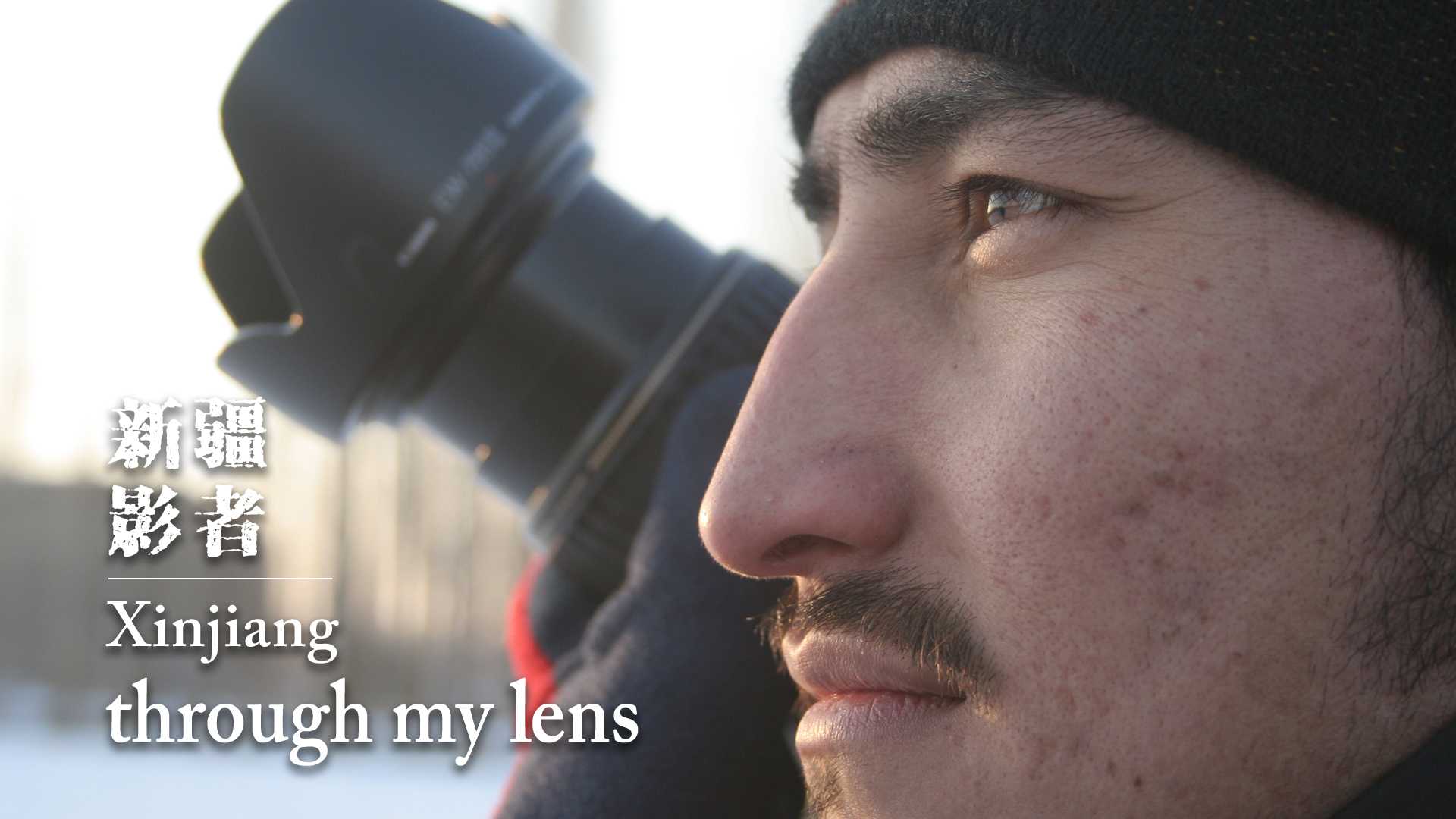
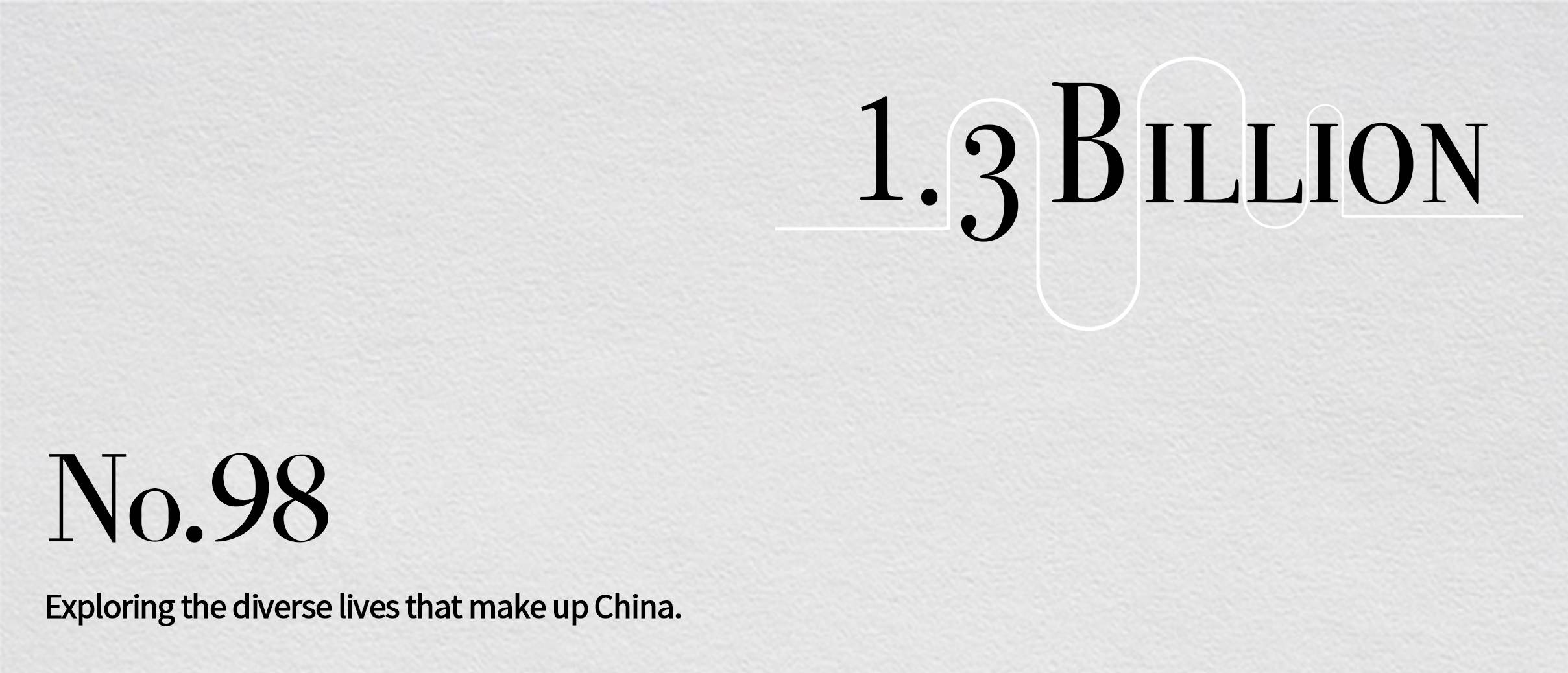
CGTN
CGTN
Xinjiang, a vast region on China’s northwestern border is home to more than 20 million people. While Han Chinese make up more than 90 percent of China’s population, nearly 60 percent of the people in Xinjiang are ethnic minorities. Among them is Uighur film director Kurbanjan Samat.
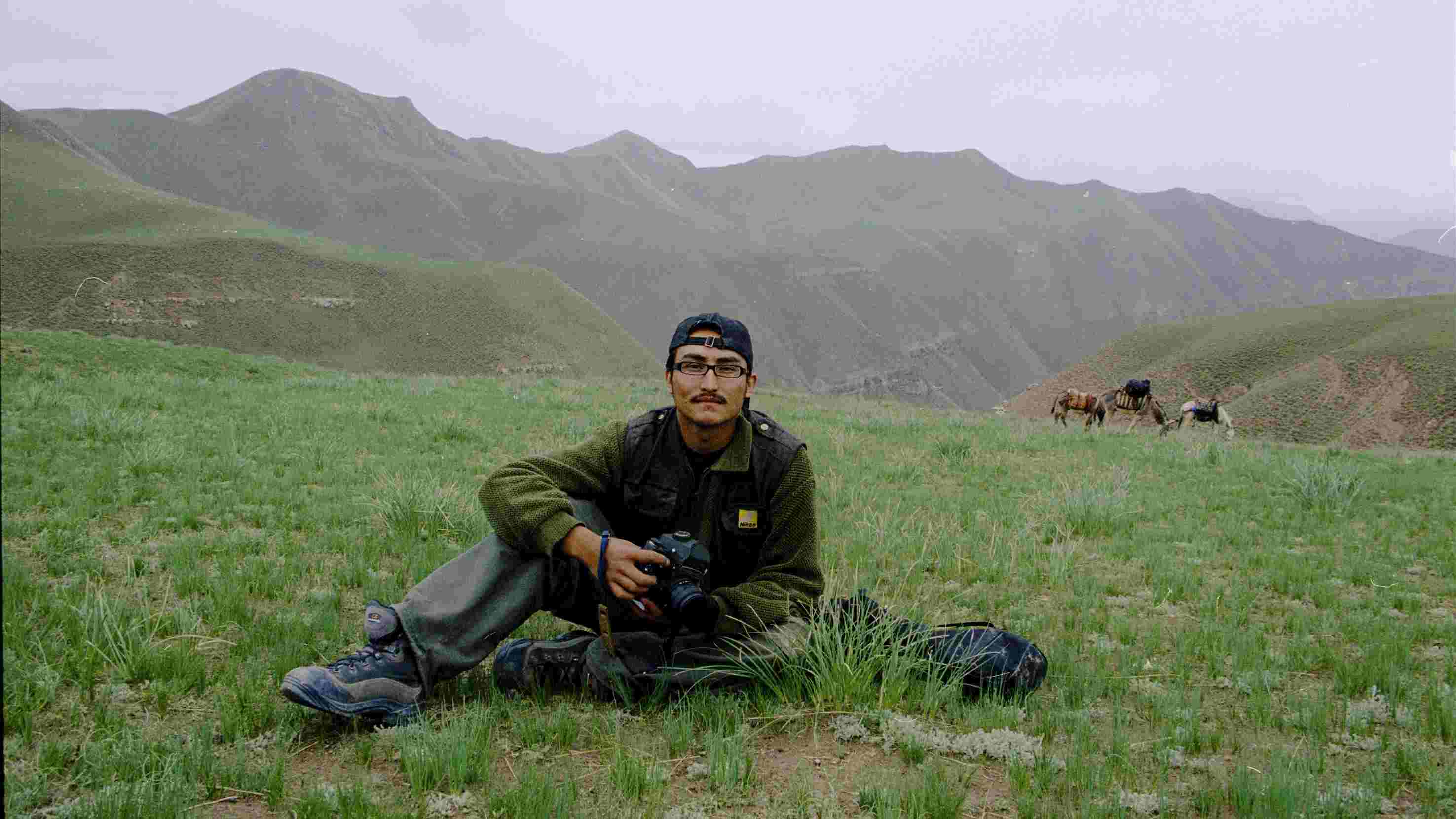
A photo of Kurbanjan Samat. Courtesy: Kurnbanjan Samat
A photo of Kurbanjan Samat. Courtesy: Kurnbanjan Samat
Growing up in Hotan, a city in the southern part of Xinjiang, Kurbanjan fell in love with photography at the age of 17. In 2014, he published a photo project titled “I’m from Xinjiang”, which includes 100 portraits of people who moved away from their home region in Xinjiang and settled in places around the world. Kurbanjan explains that what motivated him to start was his desire to change people’s misconceptions about his hometown.

A portrait from ‘I’m from Xinjiang’. Courtesy: Kurbanjan Samat
A portrait from ‘I’m from Xinjiang’. Courtesy: Kurbanjan Samat
“I want to communicate to people through my work,” he says, “we’ve been misunderstood for so long, so my target audience is the 1.4 billion people all over China.”
Due to its location, Xinjiang remains largely unknown to the densely populated areas in the east where most residents are Han Chinese. Following terrorist attacks carried out by religious extremists in recent years, Kurbanjan like many other ethnic minorities, constantly face discrimination: “People have asked me if I live in a hut or if I ride a horse to school,” he says.
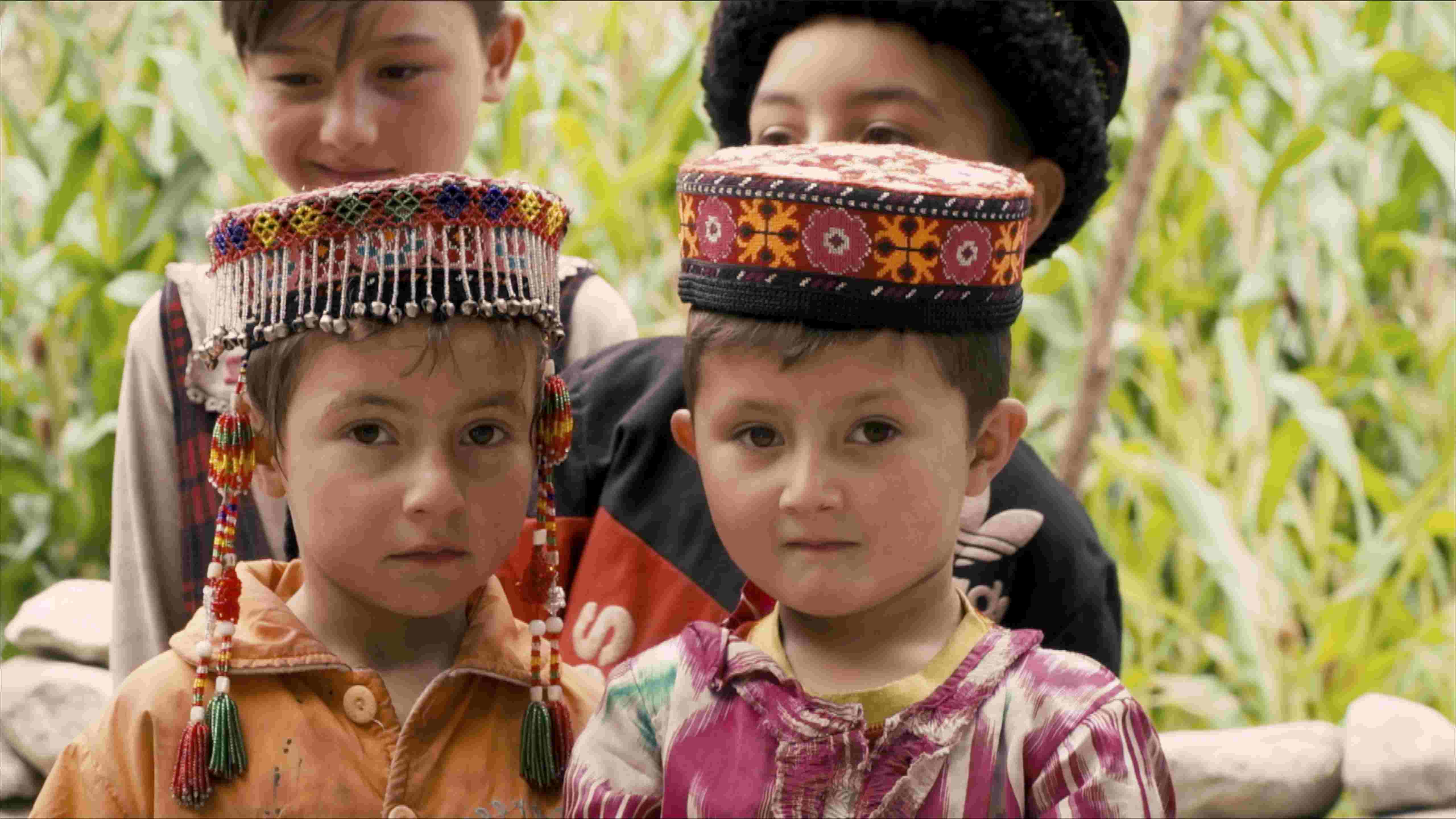
Ethnic minority children. Courtesy: Kurbanjan Samat
Ethnic minority children. Courtesy: Kurbanjan Samat
In an attempt to dispel stereotypes, Kurbanjan intentionally omitted the religious backgrounds and ethnicities of his subjects. Instead, he focused on telling the personal stories of the people he filmed, and the project became a great success.
“Among the tens of thousands of reviews, I saw a change in people’s attitudes,” says Kurbanjan, “before [this was published] people had little idea of who we are and why we come to live and work in cities like Beijing, Shanghai and Shenzhen. Now people understand that we do more than sell barbecues on the street.”
Moving forward, Kurbanjan plans to further explore human interest stories in his home region. In May, he released his latest work “I’m going to Xinjiang” – a documentary series that tells the stories of those who chose to start a new life and pursue their dreams in Xinjiang. While striving for more influence and recognition, Kurbanjan says all his works serve one common theme:
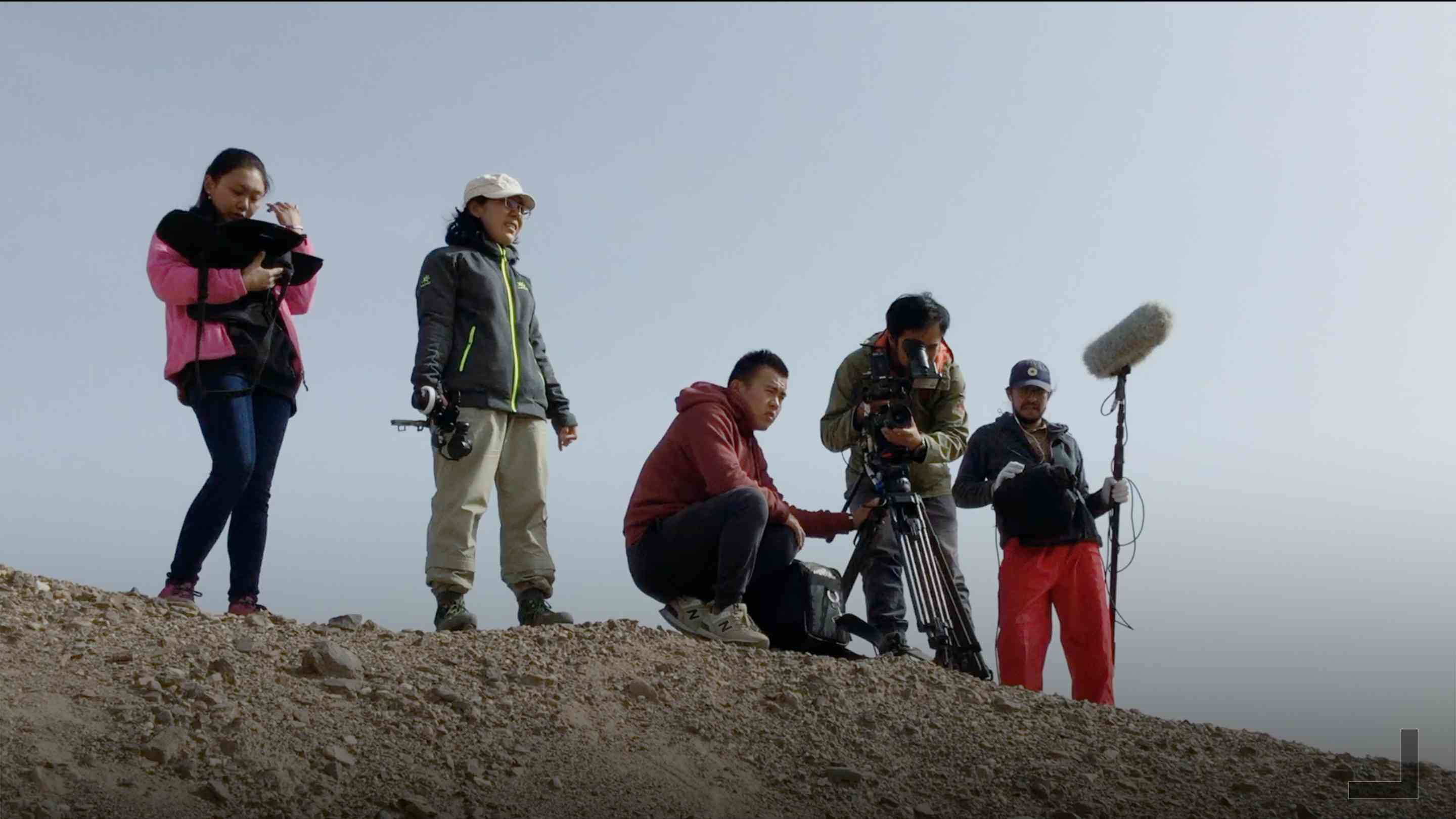
CGTN Photo
CGTN Photo
“By the end of the day, I just want to convey a message to the audience that where we come from, what we believe in, the color of our skin, and all our differences shouldn’t be factors that stop us from getting to know each other.”
(Videographer: Zhang Dayu, Huang Yichang, Film editor: Jiang Yuting, Zhang Dayu, Story written by: Zhang Dayu)

The story is one in The 1.3 Billion series exploring the diverse lives that make up China.
The story is one in The 1.3 Billion series exploring the diverse lives that make up China.

SITEMAP
Copyright © 2018 CGTN. Beijing ICP prepared NO.16065310-3
Copyright © 2018 CGTN. Beijing ICP prepared NO.16065310-3